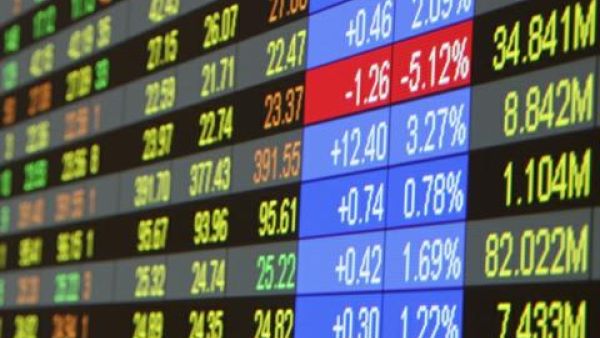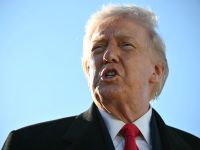Despite a steady market capitalization and strong bank fundamentals, the Beirut Stock Exchange is expected to see continued lackluster trading into 2014 if the political stalemate and regional turmoil persist, brokers said Wednesday.
“Regrettably, Beirut bourse is affected by the political situation in the country. If we look at the fundamentals, the listed Lebanese banks are doing very well in terms of profits and growth and yet the their shares are sold low due to the political situation,” Tawfic Karam, a broker at the FFA Private Bank told The Daily Star.
Figures released by the BSE indicate that total trading volume reached 33.2 million shares in the first 10 months of 2013, a decrease of 29.1 percent from the same period last year; while total turnover amounted to $236.8 million, down 33.9 percent from a turnover of $358.1 million in the first 10 months of 2012.
Banking stocks accounted for 71.6 percent of the aggregate value of shares traded, followed by real estate stocks with 27.1 percent, industrial stocks with 0.8 percent and trading stocks with 0.5 percent.
However, the market is largely holding its value despite the lack of trading activity. Market capitalization increased by 5.8 percent from end-October 2012 to $10.53 billion, of which 79.2 percent was in banking stocks, followed by real estate stocks with 17.6 percent, industrial stocks with 2.8 percent, and trading stocks with 0.4 percent.
Jean Michael Aoun of Arab Finance Corporation believes that the politics and not economics is the main factor impacting prices on the Beirut bourse.
“The shares of Solidere have reached their lowest levels this year. I think the prices would have been much higher if the political situation was more encouraging,” Aoun said.
Solidere showed mixed performance Wednesday with its A class share declining by 0.09 percent to $11.09, while its B counterpart added 0.09 percent to $11.01.
In Wednesday’s trading, the BSE lost some recent gains, with the BLOM Stock Index sliding by 0.41 percent to settle at 1,159.76 points. Tuesday had seen the BSI rise .95 percent, after an increase of .45 percent Friday.
Trading in Bank Audi largely drove Tuesday’s gain, after over 13 million shares were traded and the price rose by 7.43 percent. However, Bank Audi lost 2.74 percent Wednesday.
Byblos Bank common shares and BLOM GDRs increased by 1.33 percent and 0.12 percent to reach $1.52 and $8.56, respectively.
The listed shares of BLOM decreased by 0.24 percent to close at $8.28. BLC preferred shares class B traded without any change in price.
Karam stressed that the creation of a new Cabinet and an end to the fighting in Syria would surely have a positive impact on the prices of most stocks on the bourse.








